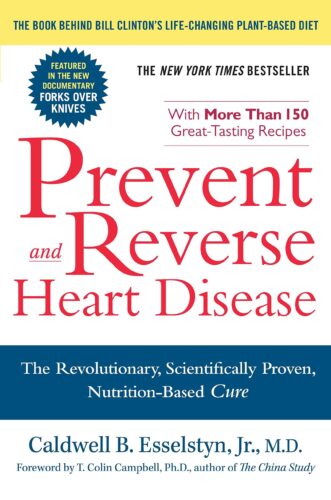A new study from The Cooper Institute says maintaining exercise routines can lower proneness to depression and heart disease-related death, particularly as one advances into middle age.
“Association of Midlife Cardiorespiratory Fitness With Incident Depression and Cardiovascular Death After Depression in Later Life,” published through the Journal of American Medical Association Psychiatry on June 27, analyzed 17,989 Medicare-eligible Americans through 38 years of treadmill testing data.
Researchers from the University of Texas Southwestern Medical Center found that those with higher levels of fitness reported a 16 percent lower risk of depression. If depression was diagnosed, those with higher levels of fitness reported a 56 percent lower risk of cardiovascular disease-related mortality after the fact.
The study states: “Men and women who are more physically fit at midlife have a lower risk of depression and cardiovascular mortality after a diagnosis of depression in later life, suggesting that fitness is an important part of a primary preventive strategy for cardiovascular disease and depression across the lifespan. … Midlife fitness is associated with a lower risk of later-life depression, CVD mortality, and CVD mortality after incident later-life depression. These findings suggest the importance of midlife fitness in primary prevention of depression and subsequent CVD mortality in older age and should encourage physicians to consider fitness and physical activity in promoting healthy aging.”
Prior to the study, the association of fitness in middle-age Americans relative to risk of depression and cardiovascular disease mortality was largely unknown. The researchers note that findings by the American Heart Association in 2014 suggest that depression should be elevated as a mortality risk factor in patients with acute coronary syndrome.
“These new insights illustrate the importance of fitness to maintain both physical and psychological health as we age,” Benjamin Willis, director of epidemiology at The Cooper Institute and lead author of the study, said in a media release. “Now we know that the long-term benefits and the connection between mind-body wellness are more significant than we thought. We hope our study will highlight the role of fitness and physical activity in early prevention efforts by physicians in promoting healthy aging.”
The Cooper Institute also reported that regular exercise may combat age-related cognitive decline. Effective aerobic workouts include swimming, brisk walking, running or jogging, and cycling.
For more research on heart disease patients and exercise, click here.
For research on the relationship between cardio exercise and overcoming poor genetics, click here.
For research on the relationship between TRX workouts and heart disease, click here.











































































